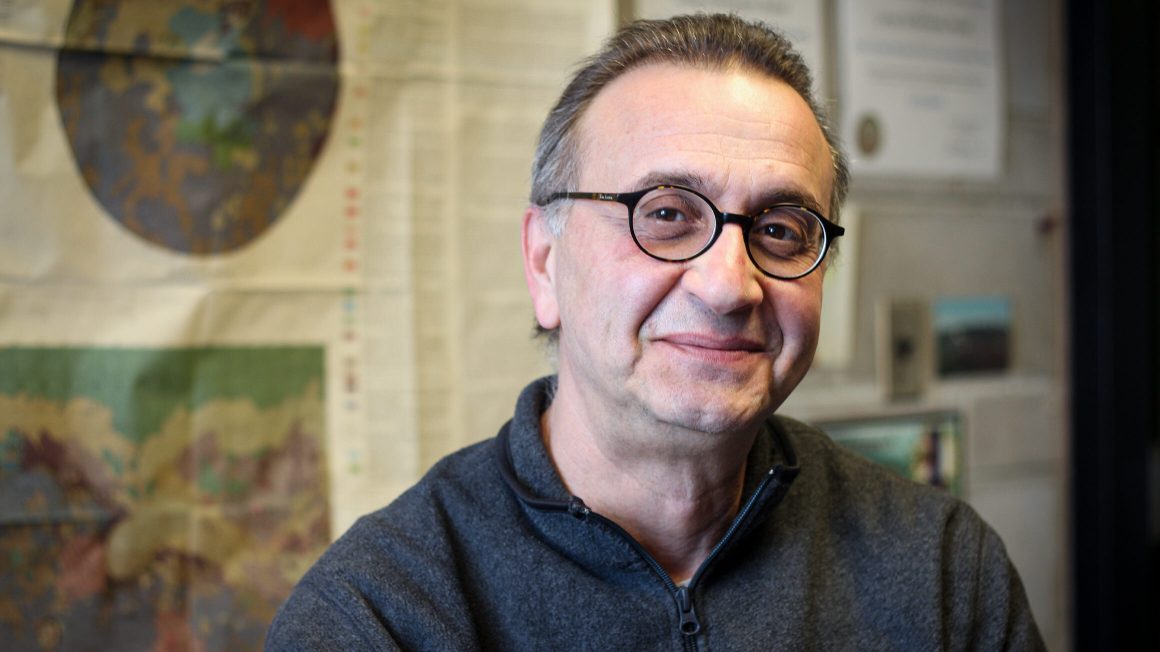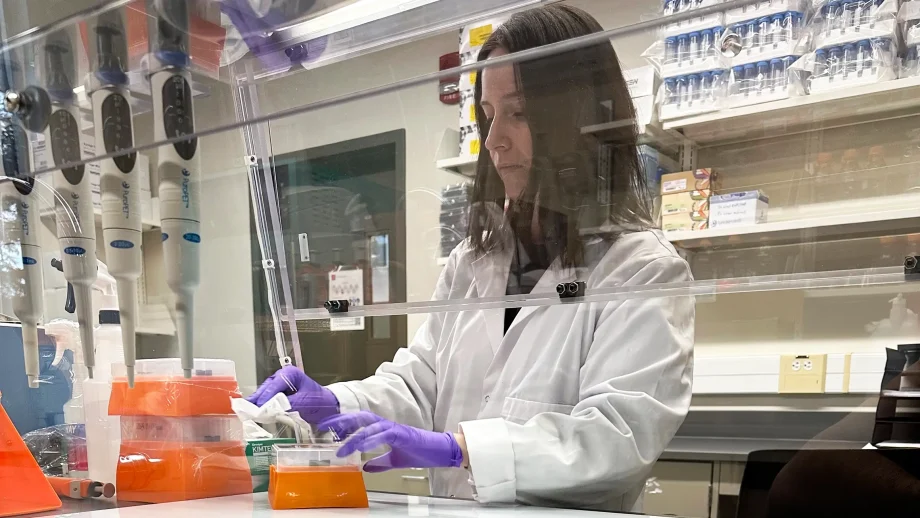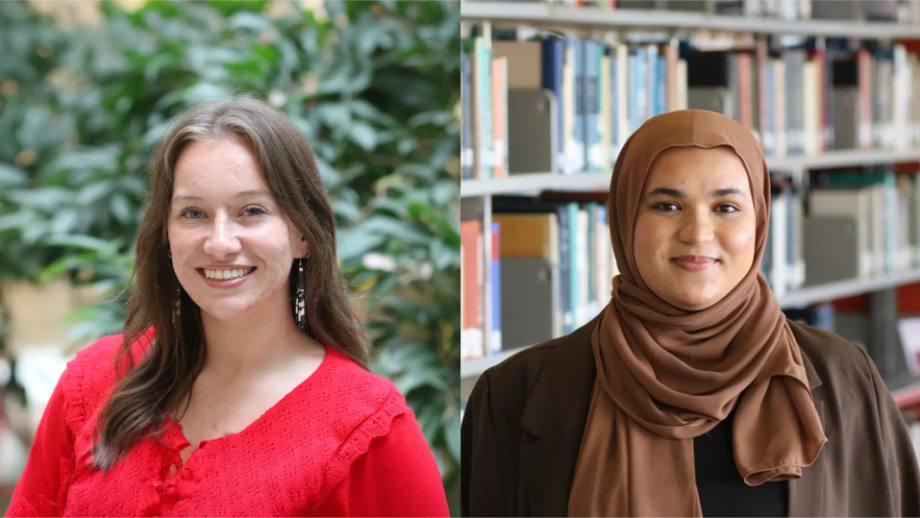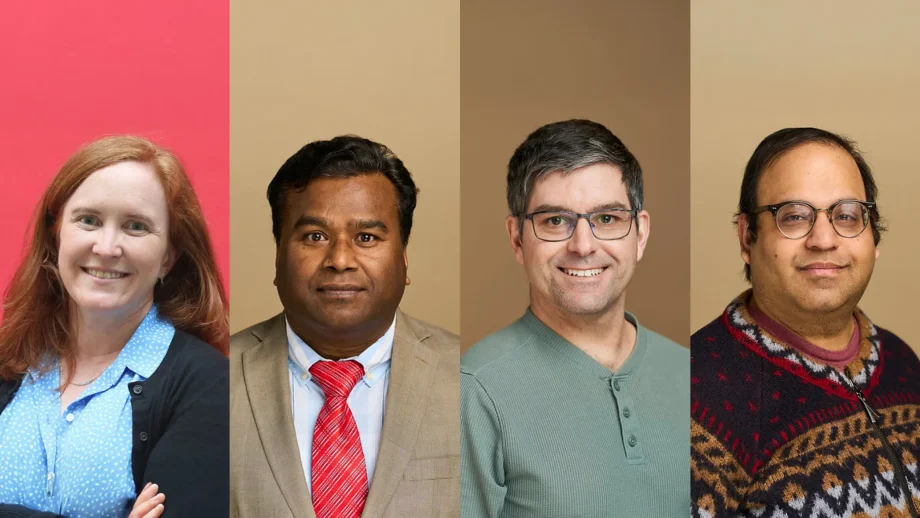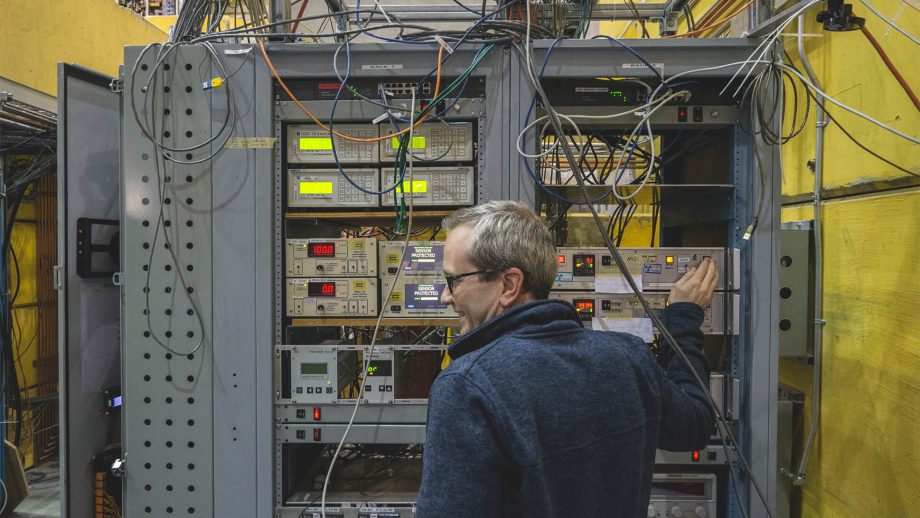Four University of Winnipeg faculty recently received NSERC Discovery Grants and Early Career Research Grants for their ongoing research.
“We are grateful for NSERC’s support, which allows our talented researchers to continue solving the complex issues facing our world today,” said Dr. Jino Distasio, Vice-President Research and Innovation. “We’re so proud of the ground breaking work they do and the difference it makes.”
Dr. Ed Cloutis (Department of Geography) received a $30k Discovery Development Grant for his project, Using Biominerals, Prebiotic Chemistry, and Chemical Gradients to Understand the Origins and Evolution of Life in the Solar System.
UWinnipeg is the only university in Manitoba participating in Mars missions and this makes Cloutis extremely proud.
“We are excited to be a part of multiple Mars missions,” he said. “A number of our students are participating in the operations of the Perseverance rover, and we are excited to have this unique opportunity.”
The NSERC grant will allow Cloutis and his team to continue participating in the Perseverance rover’s search for signs of life and collecting of samples for eventual return to Earth.
We are grateful for NSERC’s support, which allows our talented researchers to continue solving the complex issues facing our world today.
Dr. Jino Distasio
“This grant will also enable us to continue research that we are doing at Mars analogue sites on Earth. We conduct rover-like missions at places in Manitoba and across Canada that have geological features similar to Mars,” he said. “We use this experience to figure out how the Perseverance rover can look for signs of past or present life on Mars.”
Dr. Talal Halabi (Department of Applied Computer Science) received a $24,000 Discovery Development Grant and a 12,500 Early Career Research Supplement for his project, Towards Secure and Resilient Cyber-Physical Systems.
“It’s important to design Cyber Physical Systems (CPSs) with built-in tolerance to intrusions to guarantee an acceptable level of reliable performance under potential compromise, because the prevention and detection of increasingly evolving cyber-physical attacks are not always successful due to the exploit of zero-day vulnerabilities,” he explained. “CPSs are the future of critical infrastructure such as transportation systems, electric grids, medical support, and national defence.”
Dr. Lucas Mol (Department of Applied Computer Science) received a $18,000 Discovery Development Grant and a 12,500 Early Career Research Supplement for his project, Repetitions in Words: Branching Out from Dejean’s theorem.
“This is in a relatively new field of mathematics called combinatorics on words,” he explained. “The need to understand the structure of long words has become a key challenge with the rise of big data. This has led to several practical applications of results from combinatorics on words in diverse areas including bioinformatics, text and natural language processing, communication technology, and crystallography.”
Dr. Gyanendra Pokharel (Department of Mathematics and Statistics) received a $18,000 per year Discovery Development Grant for five years and a 12,500 Early Career Research Supplement for his project, Statistical Methods for Complex Infectious Disease Systems.
“Infectious disease outbreaks such as COVID19, Ebola, SARS, or foot and mouth disease pose direct threats to public health and agriculture industries, and/or have serious economic impacts,” he said.
To quickly control such disease outbreaks, it is important to understand how the disease spreads over time and space, and what factors lead some individuals to become infected and some not. Pokharel’s projects develop approximate methods for complex infectious disease data where the existing methods are computationally highly expensive.
Every year, the federal government invests in research excellence in the areas of health sciences, engineering, natural sciences, social sciences and humanities through its three granting agencies. Support from the Research Support Fund ensures that UWinnipeg’s federally funded research projects are conducted in world-class facilities with the best equipment and administrative support available.

